Metastatic Breast Cancer
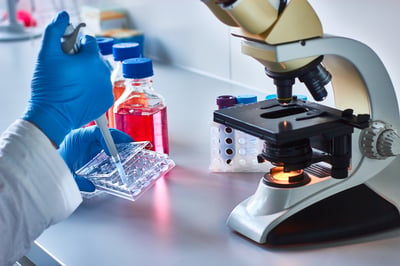


Relevance: Medium-High
Most relevant for: People with advanced cancers
Study: Immunotherapy may lead to long-term remission of metastatic breast cancer
Metastatic breast cancer is often difficult to treat. In a new approach, called adoptive cell therapy (ACT), a patient’s own T-cells (a type of cancer-fighting immune cells) are collected, multiplied in a lab, and then returned to the patient. The goal is to enhance the patient’s immune system with many more T-cells that recognize and attack metastasized tumor cells. This study reports on a single patient whose metastatic breast cancer is still in remission (no evidence of disease) after more than 22 months following ACT. (8/16/18)
READ MORE ›


Relevance: High
Most relevant for: People diagnosed with breast cancer
Article: High health insurance deductibles can interfere with breast cancer treatment decisions
A New York Times article published on May 4, 2018 examines the impact of high insurance deductibles on breast cancer treatment. (7/12/18)
READ MORE ›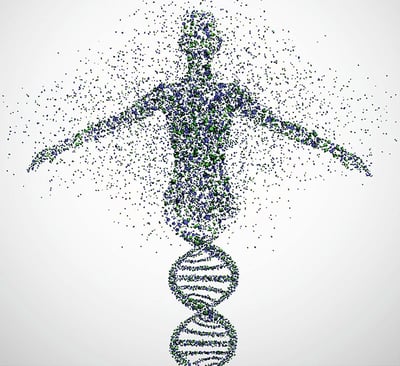


Relevance: Medium
Most relevant for: People who are considering or have had direct-to-consumer testing
Study: Evaluation of some direct-to-consumer genetic testing reveals inaccuracies and misinterpretations
A clinical genetic testing laboratory examined results from direct-to-consumer genetic testing ordered directly by patients. They found many instances of false positives—reported mutations that were not actually present—and in some cases, reports of variants that "increased risk," but were actually benign. This study emphasized the importance of involving genetics experts in the interpretation of genetic test results. (6/28/18)
READ MORE ›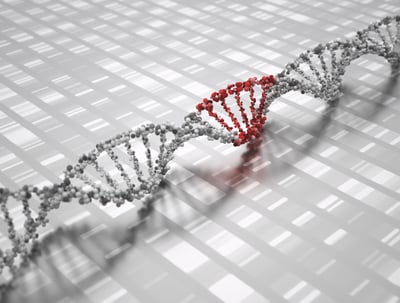


Relevance: Medium-High
Most relevant for: Women with an MSH6 or PMS2 mutation
Study: Mutations in Lynch syndrome genes MSH6 and PMS2 may be associated with breast cancer
Some women with mutations in MSH6 and PMS2, two Lynch syndrome genes, may have a modest (2 to 3-fold) increased risk for breast cancer. (6/14/18 updated 09/25/19)
READ MORE ›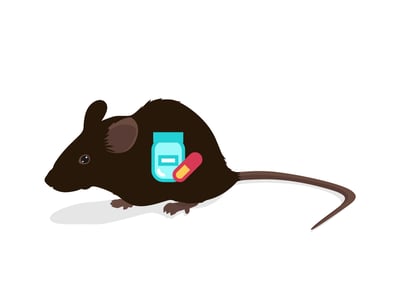


Relevance: Medium
Most relevant for: Cancer patients who will be, or have recently undergone surgery
Study: Metastasis is affected by wound healing and inflammation in study on mice
This study in mice looked at how wound healing after surgery affects metastasis. Researchers found that wound healing caused changes in the mouse immune system that allowed some cancer cells to grow, but that treatment with a non-steroidal anti-inflammatory drug (NSAID) reduced inflammation and frequency of metastases. While this research is promising, it remains to be seen if similar effects occur in humans. (5/17/18)
READ MORE ›


Relevance: Medium-High
Most relevant for: People diagnosed with breast cancer
Guideline: American Heart Association examines the challenges of cardiovascular disease and breast cancer
Current breast cancer treatments can negatively affect cardiovascular health. Recently, the American Heart Association released its first scientific statement on cardiovascular disease and breast cancer. This statement includes a comprehensive overview of the prevalence of both diseases, shared risk factors, cardiotoxic effects of therapy and the prevention and treatment of cardiovascular disease in breast cancer patients. (5/2/18)
READ MORE ›


Relevance: High
Most relevant for: People with Icelandic heritage
Article: The right not to know when not knowing is dangerous
Healthcare providers are bound by the guiding principle of doing no harm. But how does this concept apply to their patients who have not consented to genetic testing or who do not want to know their results? In that case, is providing test results more harmful or not? Anna Clausen explores these issues in the context of breast cancer gene testing in her Global Health Now article “The Right Not to Know: When Ignorance is Bliss but Deadly.” (4/20/18)
READ MORE ›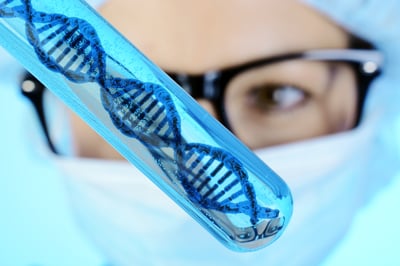


Relevance: Medium
Most relevant for: People who are considering or have had direct-to-consumer testing through 23andMe
Update: FDA approves at-home test kits for inherited cancer: how useful are they?
Genetic testing for health conditions (such as risk for cancer) typically requires a prescription from a doctor. Until recently, direct-to-consumer (DTC) genetic testing has focused on tests to learn your ancestry and find of unknown branches of family trees. A laboratory called 23andMe that provides direct-to-consumer genetic testing has been given FDA approval to report results for 3 mutations found in the BRCA1 and BRCA2 genes. The FDA statement provides details about this approval and warns people about the limitations of the 23andMe test. (03/19/18)
READ MORE ›


Relevance: Low
Most relevant for: People interested in early research on how breast cancer spreads
Study: Is asparagus linked to breast cancer metastasis?
A study published in the journal Nature shows that asparagine, a protein building block that takes its name from asparagus, promotes the spread of breast cancer in mice. The study by cancer experts from Britain, Canada and the U.S. investigated whether limiting the levels of asparagine in mice could reduce tumor metastasis. Experts agree that you should not change your diet based on the results of this study. (3/2/18)
READ MORE ›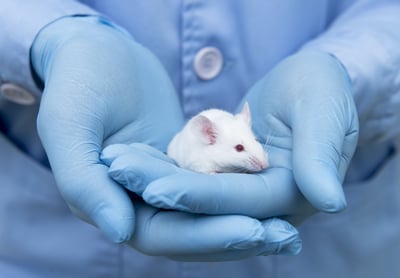


Relevance: Medium-Low
Most relevant for: People with advanced cancers
Study: Cancer “vaccine” injected directly into tumors works in mice
Immunotherapy is treatment that uses the immune system to fight cancer. Still in its infancy, it is a promising therapy that is changing how certain cancers are treated. A new study reports that tumors in lab mice were eliminated when they were injected with two immune system-enhancing agents. This new approach is called in situ (at the original site) vaccination because the injections are given directly into the tumors. It worked on several different types of mouse tumors, including lymphomas and breast tumors. This approach may be safer than conventional immunotherapy because it uses very low doses of the agents and it does not require tumors to have particular markers. (02/23/18)
READ MORE ›